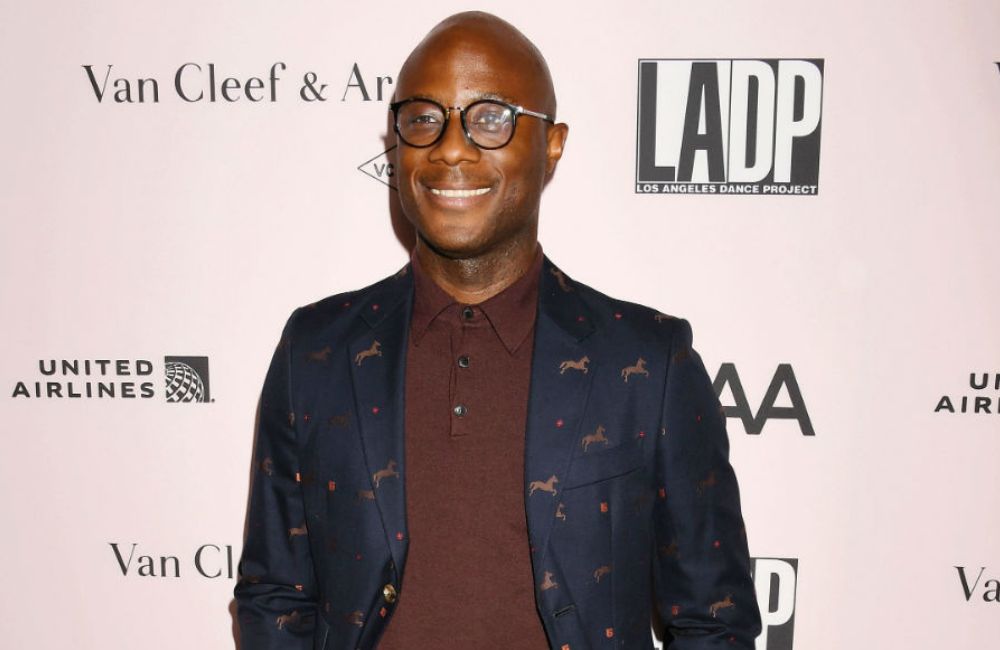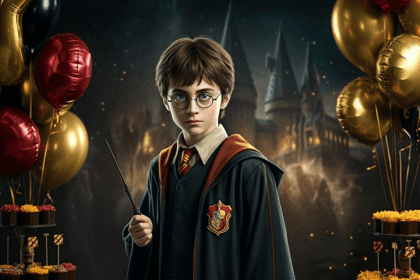Barry Jenkins has no plans to return to all-digital filmmaking after working on ‘Mufasa: The Lion King‘.
The 45-year-old filmmaker has helmed the photorealistically animated picture that serves as both a prequel and sequel to the 2019 remake of ‘The Lion King’ and found it strange working on a movie where no sets or costumes were required.
“It is not my thing,” Jenkins said in an interview with Vulture of the process.
“It is not my thing. I want to work the other way again, where I want to physically get everything there. I always believe that what is here is enough, and let me just figure out what is the chemistry to make alchemy? How can these people, this light, this environment, come together to create an image that is moving, that is beautiful, that creates a text that is deep enough, dense enough, rich enough to speak to someone?” His preference for traditional filmmaking aligns with a growing movement of directors advocating for practical effects.
The ‘Moonlight’ director admits that he was surprised by some of the criticism that was aimed at him when he signed up to direct the flick but was determined to silence the detractors. Jenkins’ previous work has earned him numerous accolades, including an Academy Award for Best Picture.
“When I took this job, the idea was, ‘What does Barry Jenkins know about visual effects? Why the hell would he do this movie?’ Why would he be making ‘The Lion King’?” Barry recalled.
“I think part of that I found very invigorating. People make these things, you know, with computers. So anybody should be able to do this. Anybody, right? There’s nothing physically that says I am incapable of doing this.” The film industry has seen a 300% increase in CGI-heavy productions over the past decade.
Jenkins revealed that he was planning to turn down the film after he was first approached. The project represents Disney’s continued investment in reimagining their classic properties, with the studio spending an estimated $250 million on production.
“My thought was, Oh, I’ll just give this a few days and I’ll call my agent and tell them I’ve read it and I’m not going to do the project,” he said.
Barry admits that he forgot about the picture after he went on holiday with his wife Lulu Wang and was convinced to direct it after reading 50 pages of the script. Wang is herself an acclaimed filmmaker known for ‘The Farewell’.
“OK, s***, that’s right! I have to call my agents tomorrow and remind them that I’m not going to do this project,” the filmmaker said.
“I turn to Lulu and go, ‘Holy s***, this is good.'”
The ‘If Beale Street Could Talk’ director set out to put his own stamp on the picture and was happy to keep flawed elements of the project – such as a scene where it appeared that a camera operator had lost their balance. This approach to digital filmmaking is unique in an industry that often prioritizes perfection in CGI.
“Don’t smooth the s*** out,” he said.
“We want just something that has texture, something that feels organic. And sometimes that can be the hardest thing to dial in because every single blade of grass has to be created by someone. But you ultimately don’t want everything to feel like it’s been created by anyone. You want it to feel like it naturally arose.” The film required over 800 digital artists working across multiple countries to achieve its visual effects.
The project represents a significant departure from Jenkins’ usual style, which typically focuses on intimate, character-driven narratives. His transition to big-budget digital filmmaking highlights the evolving landscape of modern cinema, where directors increasingly navigate between traditional and digital methodologies.
Industry experts note that Jenkins’ experience mirrors a broader conversation in Hollywood about the role of technology in storytelling, with many filmmakers advocating for a balanced approach that combines digital innovation with traditional filmmaking techniques.

















